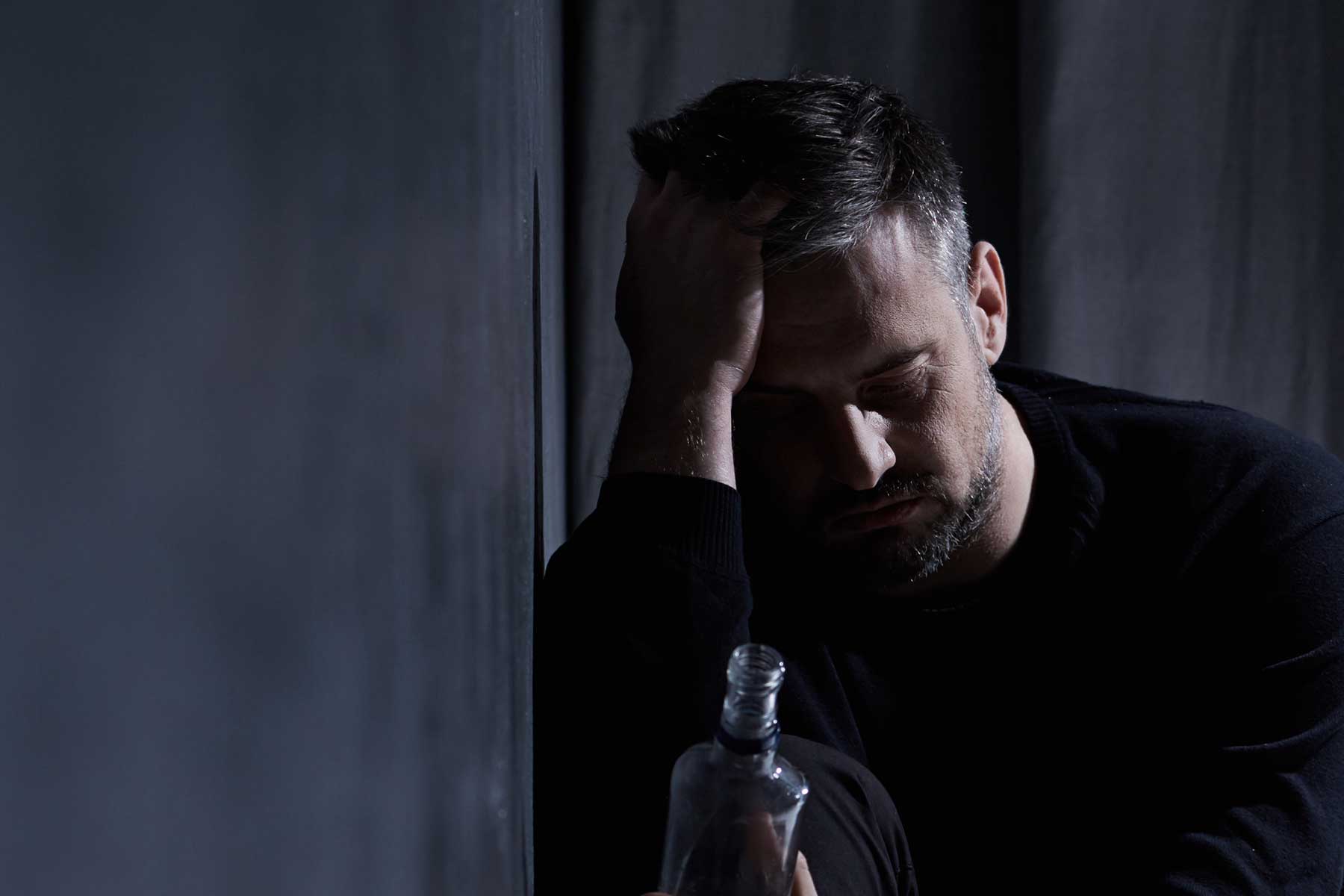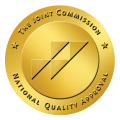Problematic drinking is not always as clear to see as it is portrayed in films and on television Learning more about alcohol use, identifying the symptoms of alcohol abuse, and how to effectively search for and find an alcohol abuse treatment near you can help. Reach out to our compassionate, experienced team at Aftermath Addiction Treatment Center by contacting us online or calling 781.587.3636 today to learn more about how we can be a part of your healing and recovery.
What Is Alcohol Abuse?
Drinking alcohol becomes a problem when you can no longer control your alcohol use. If you or a loved one continues to drink despite knowing that the consumption of alcohol has a negative impact on your own life and the lives of friends and family, this could be one of the signs of alcohol addiction.
Alcoholism is a chronic condition, but one that is treatable with care from a team of friendly professionals who personally know your recovery journey. The symptoms of alcohol abuse, if left untreated, can develop in association with certain cognitive changes and physiological adaptations that can make it more difficult to stop drinking, even if you want to stop. Treatment for alcohol abuse is then necessary to break the cycle of addiction and recover to live a clean and sober life.
4 Symptoms of Alcohol Abuse
Attempting to hide a drinking problem is one of the key symptoms of alcohol abuse, but there are more alcohol abuse symptoms you can spot fairly easily if you know what to look for. You or your loved one may not want to admit that there is a problem or are too embarrassed to want anyone intervening and trying to help. It is important, therefore, that you can identify the symptoms of alcohol abuse and know the signs that professional help is needed before it’s too late.
Irrational Emotional Swings Caused By Stress
One of the main and most dramatic outwardly observable symptoms of alcohol abuse is erratic and irrational swings of emotion. You or your loved one may be experiencing an excessive amount of stress that could be causing you to rely on alcohol as a way of coping. Some of the stress alcoholics regularly suffer from include:
- Mental
- Emotional
- Physical
- Spiritual
The resulting mood swings impact everyone in your life and may damage your relationships with family, friends, and coworkers.
Missing Commitments
Another common symptom of alcohol abuse is frequently being absent from work or school. People suffering from an alcohol use disorder often miss or skip out on their commitments regularly. Failing to meet responsibilities and expectations, both at home in family life and at work in their career, is one of the alcohol abuse symptoms that you can observe and be impacted by, and in addition to failing to live up to their responsibilities, you may observe your loved one making poor decisions and struggling with their relationships, as normal life takes a back seat to the alcohol.
A dangerous descent into an isolated life may have started when a person begins to skip meetings, miss family events, and cancel plans made with friends. As they skip normal activities and let friendships fail due to the shame of their alcohol abuse, isolation may seem like the only way forward. You can show support for your loved one and let them know that they are not alone and that there is help available.
A New Tolerance of Alcohol
One of the truly dangerous symptoms of alcohol abuse is the development of a tolerance to alcohol. This means that the normal number of drinks is no longer having a noticeable impact on and that consistent drinking has built up a tolerance requiring more and more alcohol to achieve the desired impact. This is a dangerous point to reach in any addiction. In our alcohol abuse treatment program, patients receive professional, compassionate care to rehab and heal, learn how to avoid triggers, and begin a path toward a sober life in recovery.
Skipping Events That Don’t Involve Alcohol
If your loved one isn’t drinking and begins to experience withdrawal symptoms, they will likely try to avoid attending events and being in social situations that do not involve drinking alcohol. This is because withdrawal is difficult and uncomfortable. For someone showing the symptoms of alcohol abuse, it will be less painful to continue consuming alcohol alone than to suffer withdrawal by attending sober events like a child’s school function, for example. This is one of the symptoms of alcohol abuse you can spot easily. Some of the withdrawal symptoms to look for in your loved one, in the moments they do not have access to alcohol include:
- Nausea
- Anxiety
- Sweating
- Tremors
- Insomnia
- Hallucinations
Failed Attempts to Quit
Alcohol abuse can also be spotted by a series of failed attempts at quitting. Maybe it is because the symptoms of withdrawal were too severe to stick with it or simply because they tried to quit without the professional help of alcohol abuse treatment, but if you have tried and failed to quit drinking, you are demonstrating one of the alcohol abuse symptoms common in patients who need to be cared for in a treatment program.
Learn More at Aftermath Addiction Treatment Center
You can overcome your alcohol addiction, and our experienced team can be where your recovery story starts to be written. Contact us using our secure online form or call us confidentially at 781.587.3636 today.








